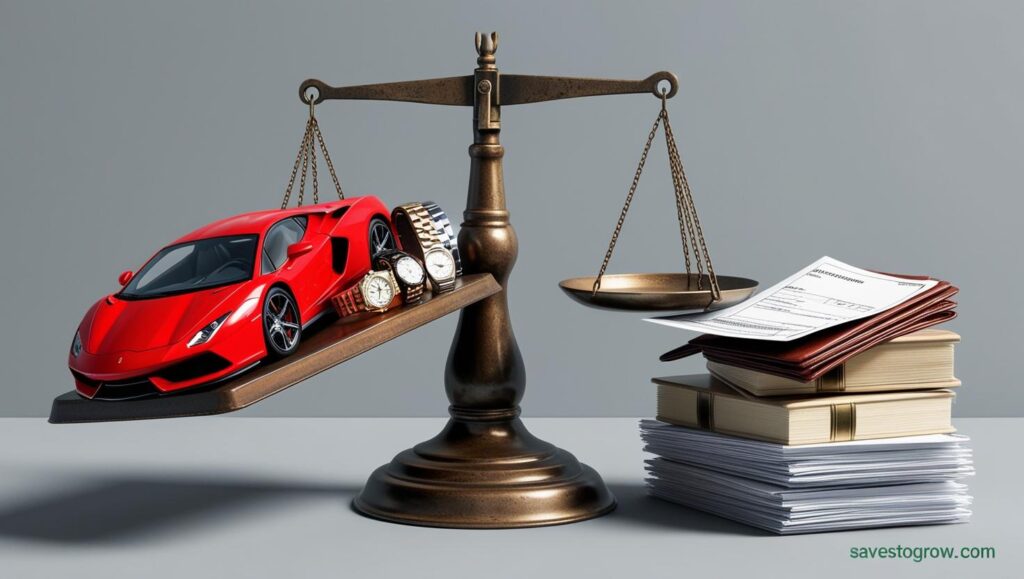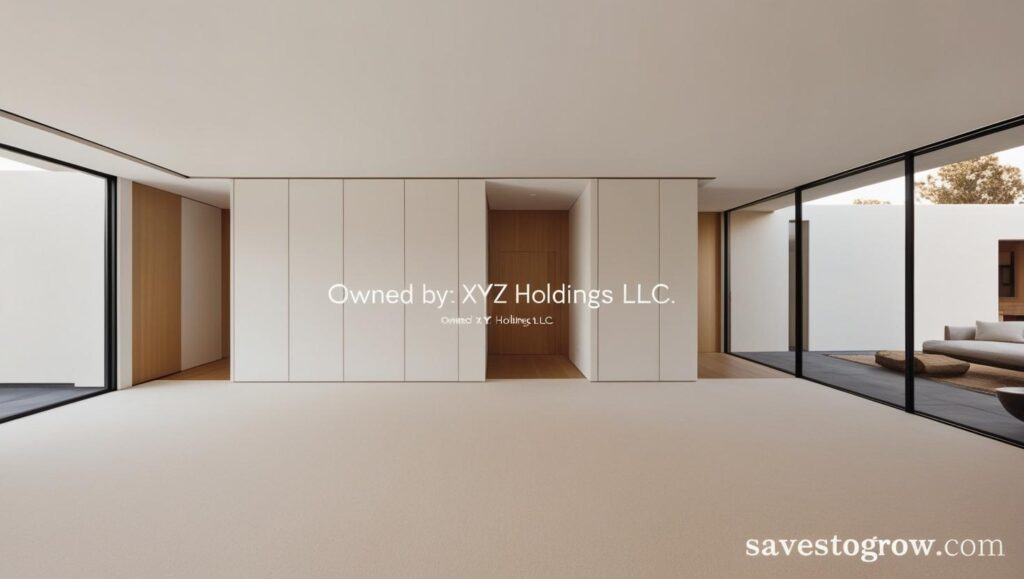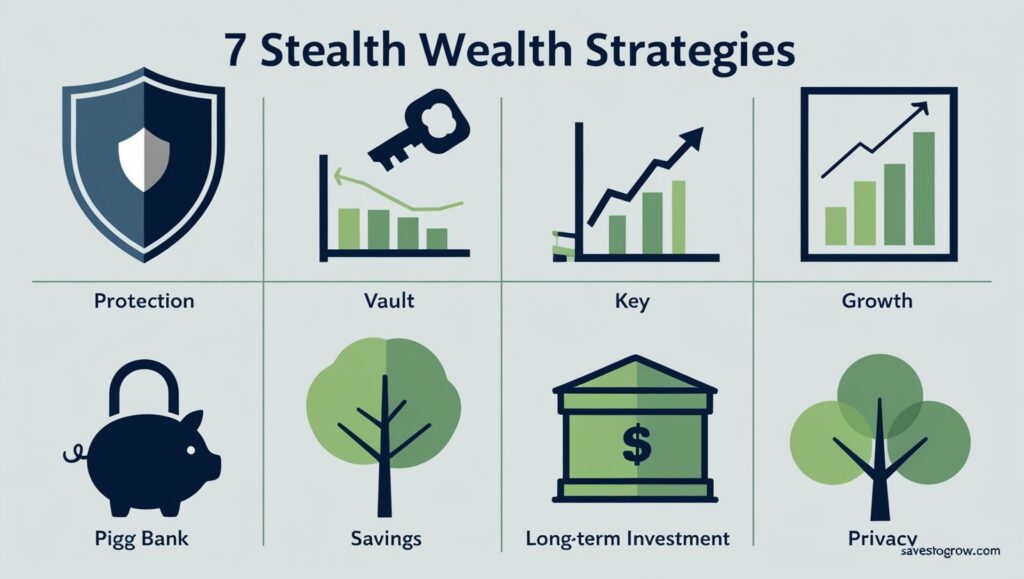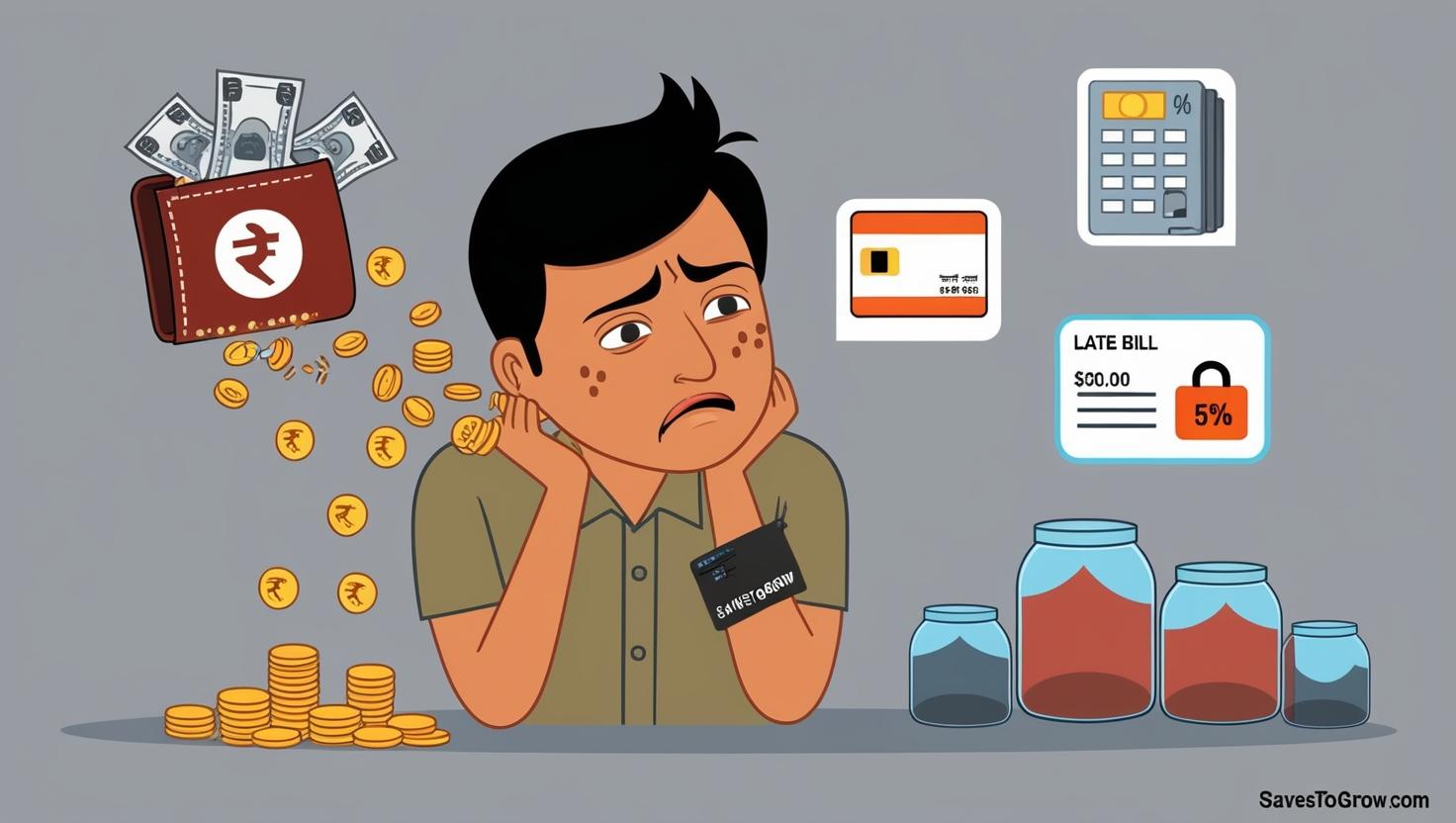Ever Wonder How the Rich Stay Rich Without Showing It?
You might think wealthy people flaunt Lamborghinis and designer watches. Some do. But the really rich? They play a different game—one of stealth, control, and legal protection.
They don’t just earn more. They hide, shield, and structure their money in ways that:
- Minimize taxes
- Maximize privacy
- Protect assets from lawsuits
- Keep wealth growing quietly
Here’s how they do it—legally.
⚠️ Disclaimer
This article is educational, not legal or financial advice. If you’re considering any of these strategies, consult a qualified professional.
1. Trusts: The Legal Disguise for Wealth
Trusts are financial vaults. The rich use them to hold assets without direct ownership.
- Revocable trusts help avoid probate and keep estate plans private.
- Irrevocable trusts offer asset protection and tax advantages.
- Dynasty trusts can preserve wealth for multiple generations.
✅ Why it works: Assets aren’t in your name, so they’re protected and invisible to public records.
2. LLCs and Shell Companies
Ever notice how expensive properties are owned by “123 Holdings LLC”? That’s not an accident.
- Rich individuals form LLCs to own real estate, vehicles, and even art.
- These structures separate personal identity from ownership.
✅ Why it works: Creates legal distance between the person and the asset. Also protects against lawsuits.
3. Offshore Accounts (Used Smartly)

Despite the stigma, offshore accounts aren’t illegal. What matters is disclosure and tax compliance.
- Countries like Switzerland, Singapore, and the Cayman Islands offer high privacy.
- Rich people use these accounts for currency diversification, asset protection, and estate planning.
✅ Why it works: Adds a layer of legal secrecy and shields from economic instability in any one country.
4. Municipal Bonds (Tax-Free Income)
Many high-net-worth individuals park millions in municipal bonds.
- Issued by cities or states to fund public projects
- Income from them is often federally tax-free (and sometimes state/local too)
✅ Why it works: Quiet, tax-efficient passive income with low risk.
5. Private Equity and Hedge Funds
This is where serious money grows—in the shadows.
- These investment vehicles aren’t open to the public.
- Require accreditation or high minimums (e.g., $250K+)
- Often held through LLCs or family offices
✅ Why it works: Delivers outsized returns with lower visibility. You can’t track this stuff on public stock tickers.
6. Life Insurance as a Tax Shelter
Yes, life insurance. But not the kind you’re thinking.
- Whole and universal life insurance policies can act like a savings account with tax benefits.
- Cash value grows tax-deferred.
- Rich people borrow against it without triggering taxes.
✅ Why it works: It’s a stealth bank, wrapped in a death benefit.
7. Art, Gold, and Collectibles

Some of the richest people hide wealth in non-traditional, non-reportable assets.
- High-value paintings, vintage cars, rare coins
- These don’t sit in banks—they sit in private vaults or luxury storage
- Often purchased via trusts or LLCs
✅ Why it works: These assets grow in value quietly and are hard to trace.
Real Talk: Why Stealth Wealth Matters

This isn’t just about hiding money—it’s about control, privacy, and longevity.
Rich people use stealth strategies to:
- Avoid lawsuits
- Lower estate taxes
- Control what heirs can (and can’t) do with the money
- Stay under the radar
- Build dynasties, not just bank accounts
You don’t need millions to start thinking this way. You need intentional strategy.
Personal Insight: What I’ve Learned

As I study financial planning deeper, I notice a theme: The rich don’t rely on income. They rely on structure.
- Your paycheck is public.
- Your LLC income? Private.
- Your house in your name? Trackable.
- Your house in a trust? Practically invisible.
The moment you shift from “how do I earn more?” to “how do I protect and position what I have?”, everything changes.
FAQ
Q: Are these strategies only for millionaires?
No. Trusts, LLCs, and municipal bonds can benefit middle-class earners, too.
Q: Are offshore accounts illegal?
Not at all. They’re legal if properly reported and not used to evade taxes.
Q: Should I hide assets like the rich?
“Hide” isn’t the right word. Think structure, protection, and privacy—done legally.
Q: Can I set up an LLC for my assets?
Yes. Many people do this to own rental properties or protect personal liability.






